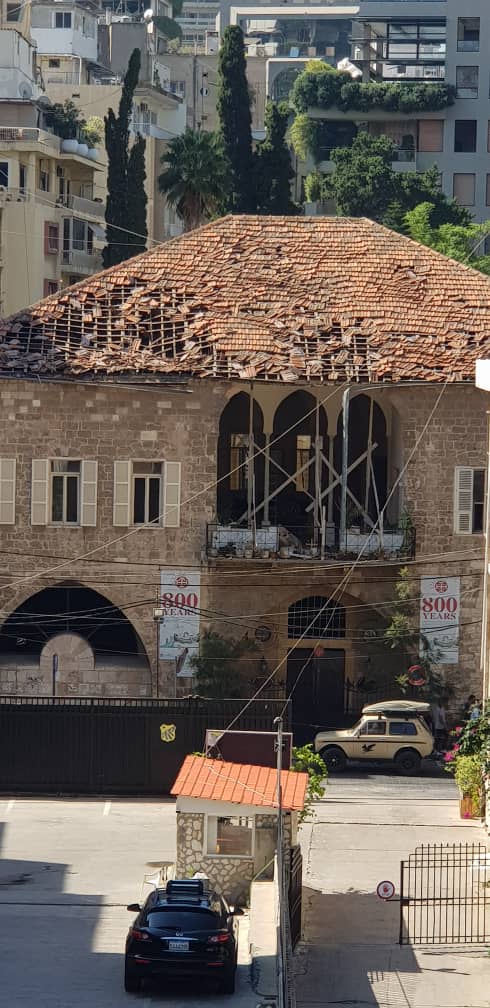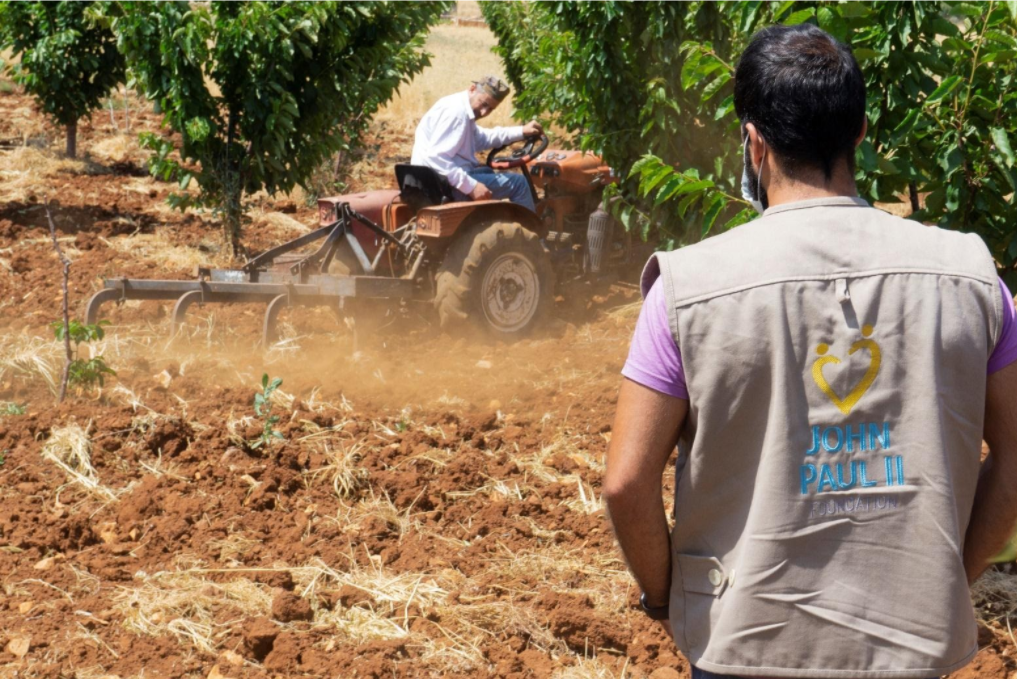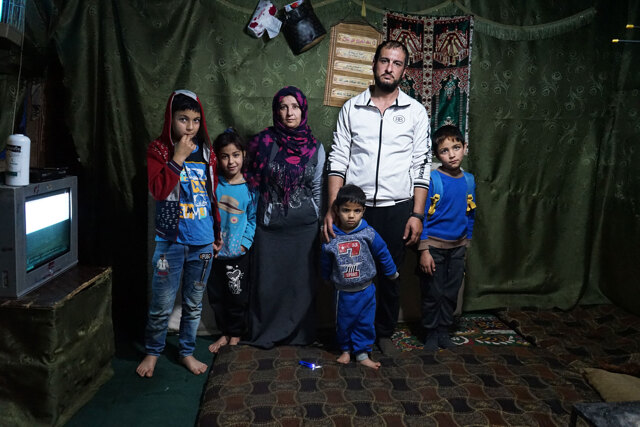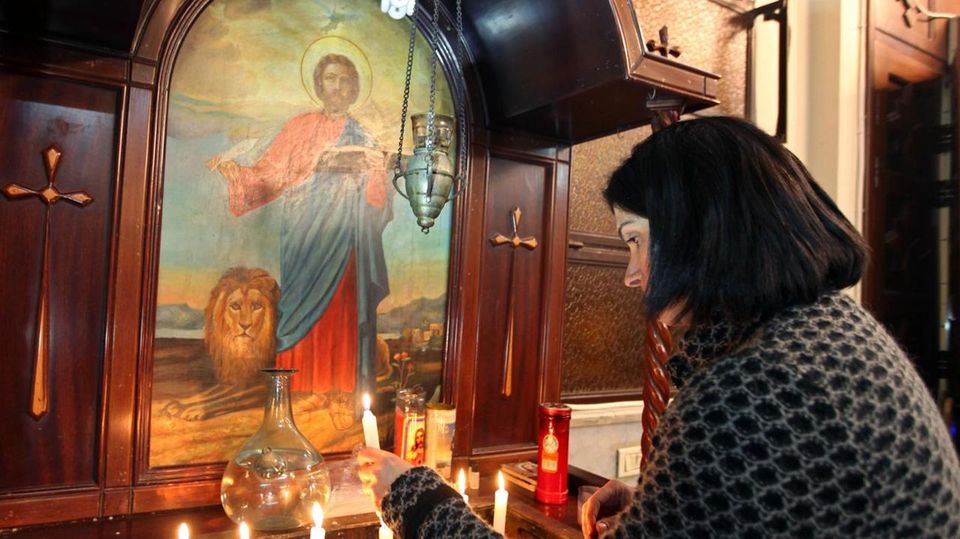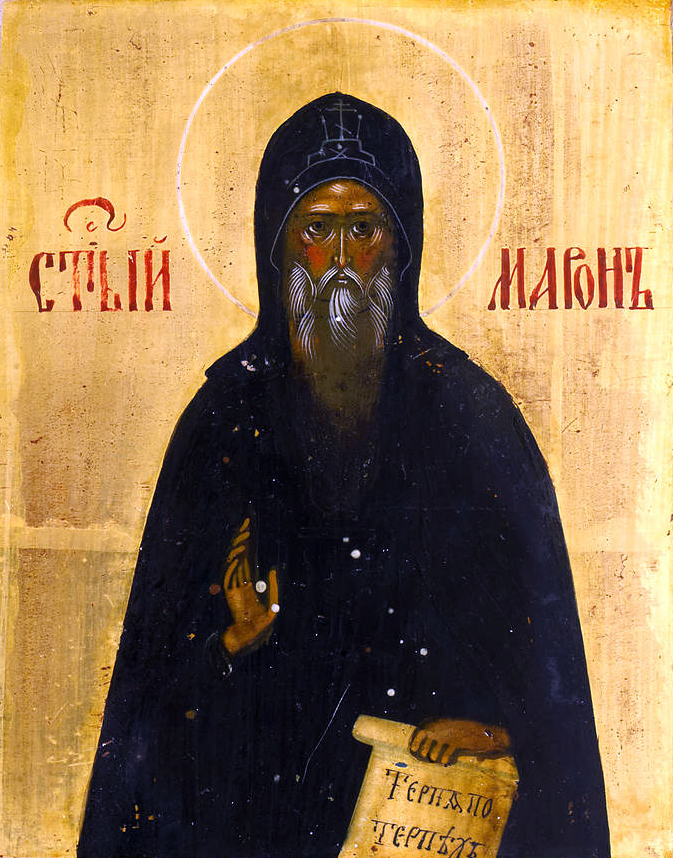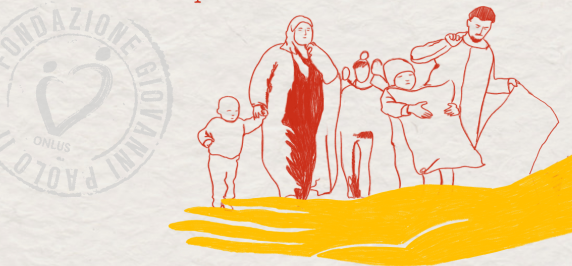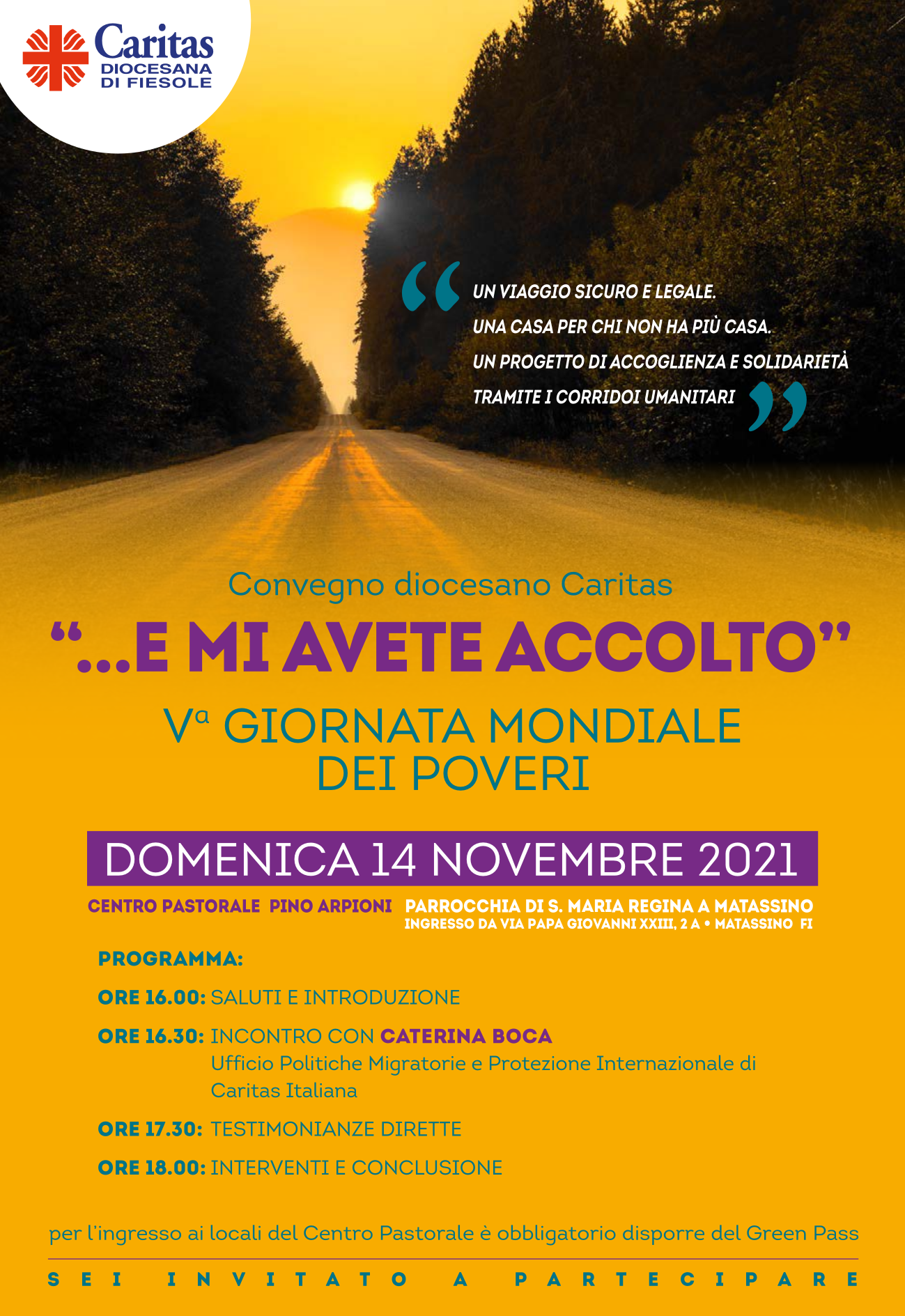Tuscany in solidarity, even with Lebanon. An interview with Gianluca Mengozzi, spokesman for the Third Sector.
Gianluca Mengozzi was recently reappointed for a second term as spokesperson for the Tuscan Forum of the Third Sector, which represents 9,750 organizations in the territory including volunteers, social promotion associations, and social cooperatives. Mengozzi, president of ARCI Toscana since 2011, is an architect specializing in restoration...

